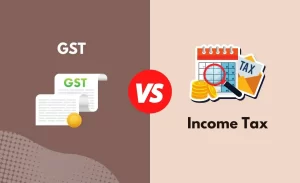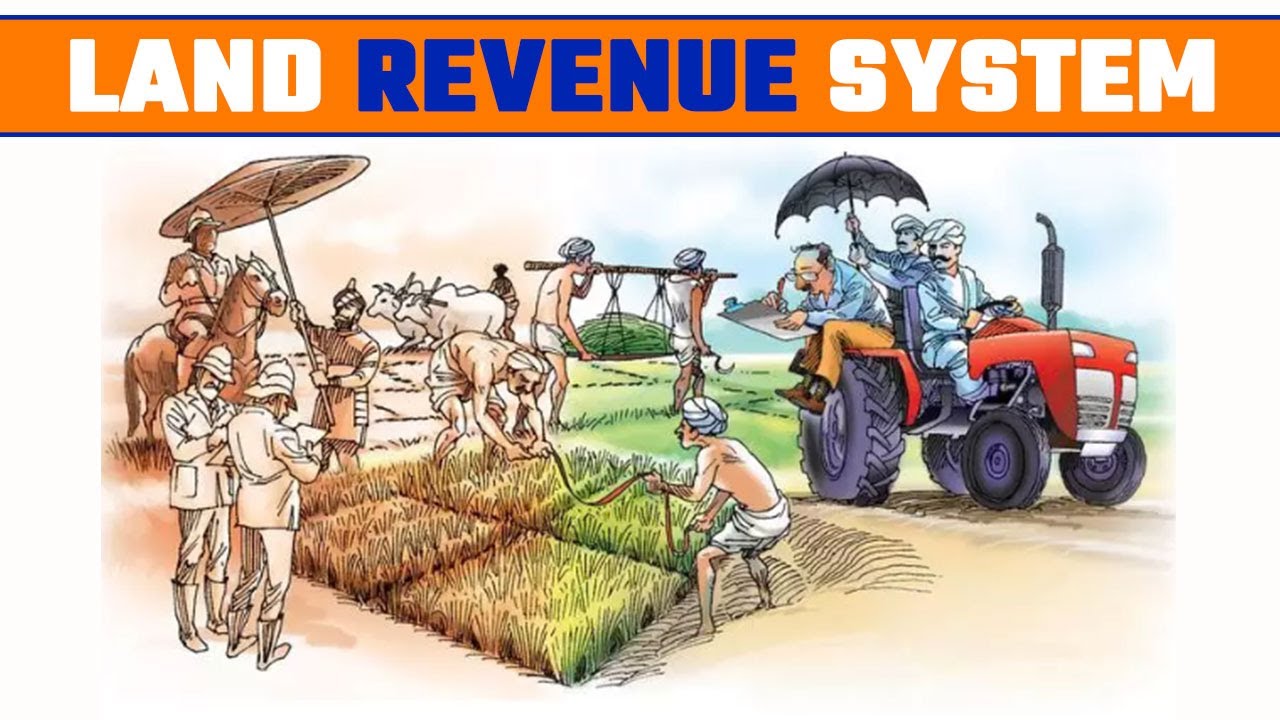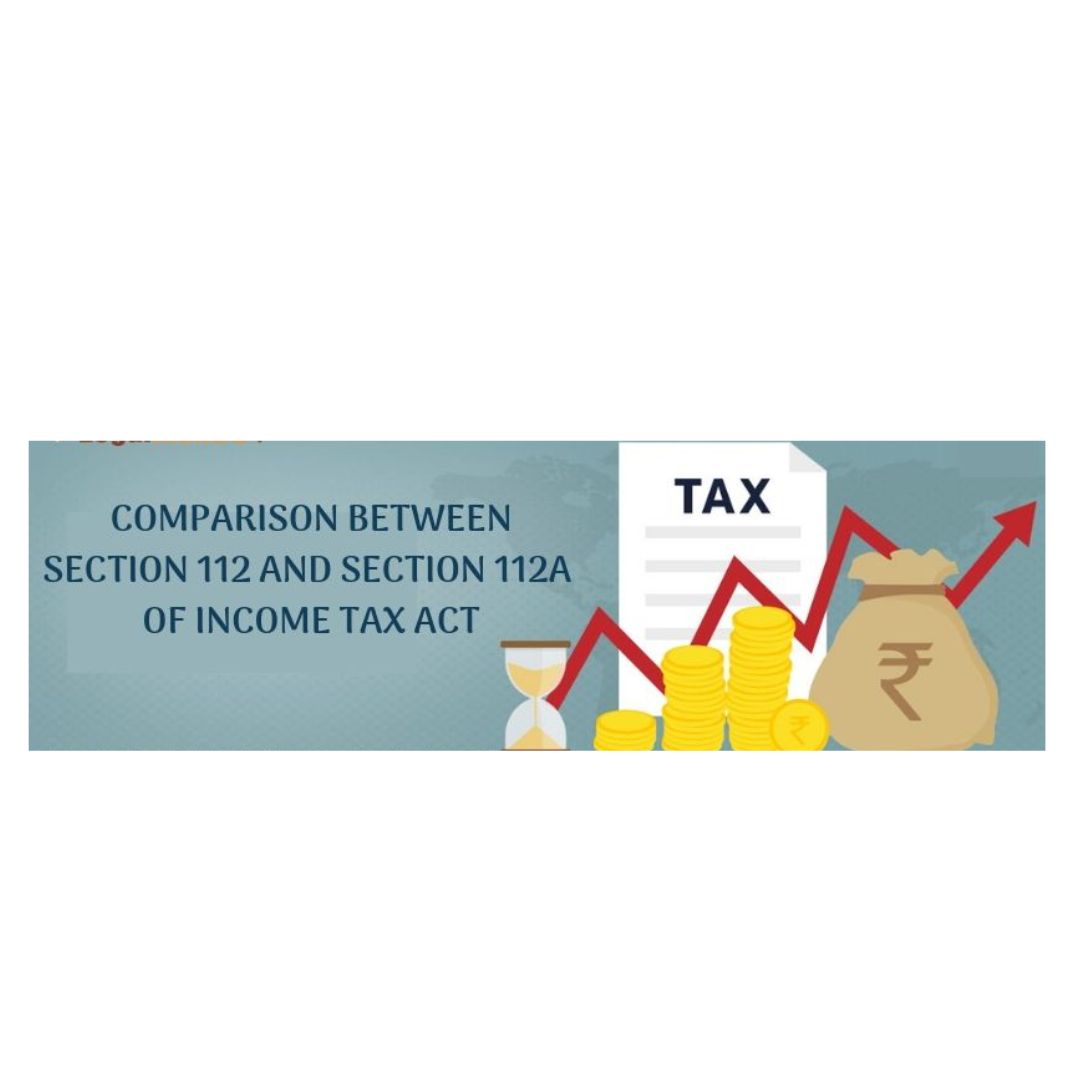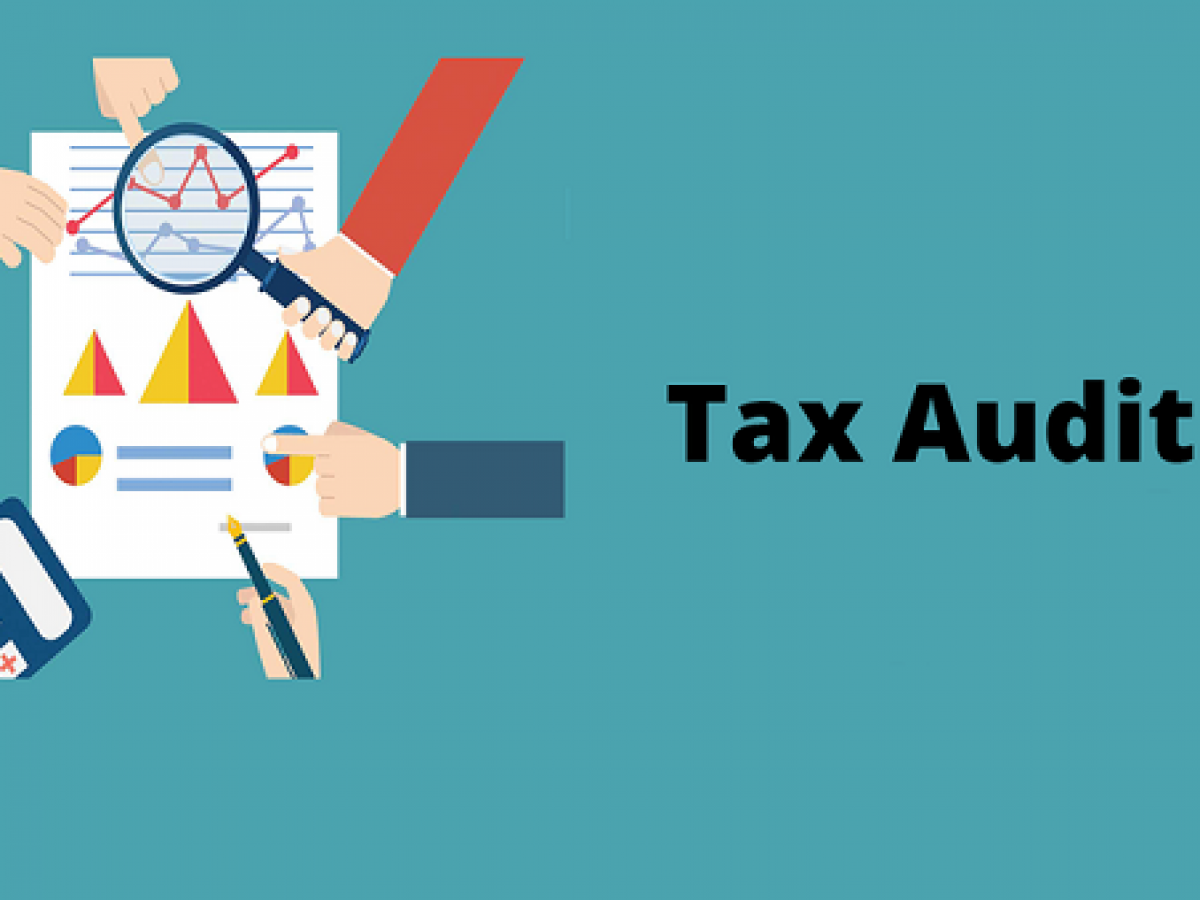What is referral income and how is it taxed in India?
What is referral income and how is it taxed Referral income refers to the commission or incentive received by an individual for referring someone or a business to another individual or company. Referral income form of income is commonly earned by professionals in the sales or marketing field and it is taxed. To visit https://www.gst.gov.in/… Read More »







